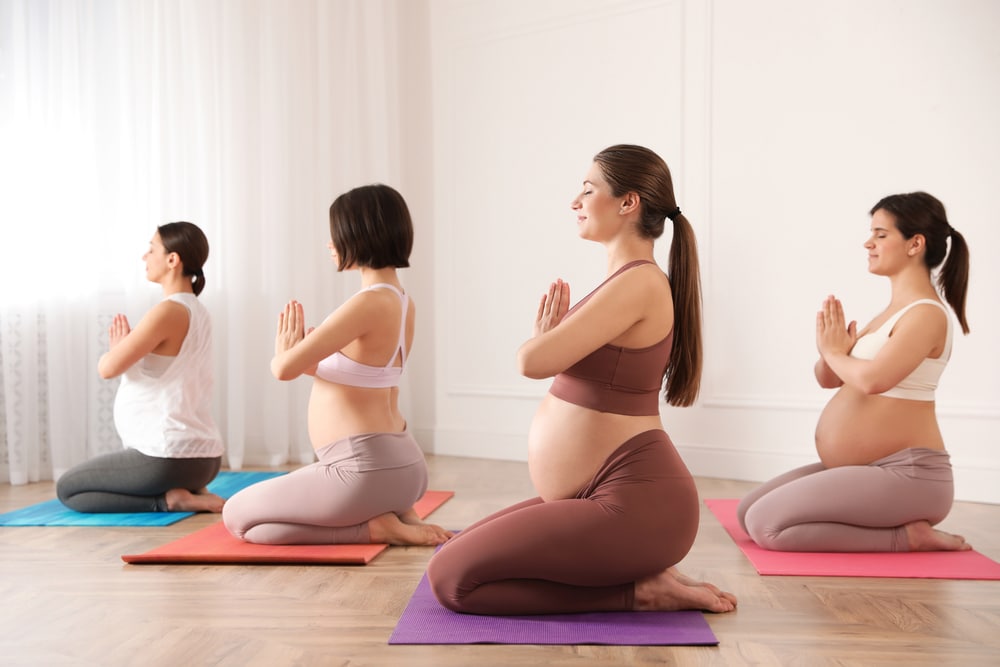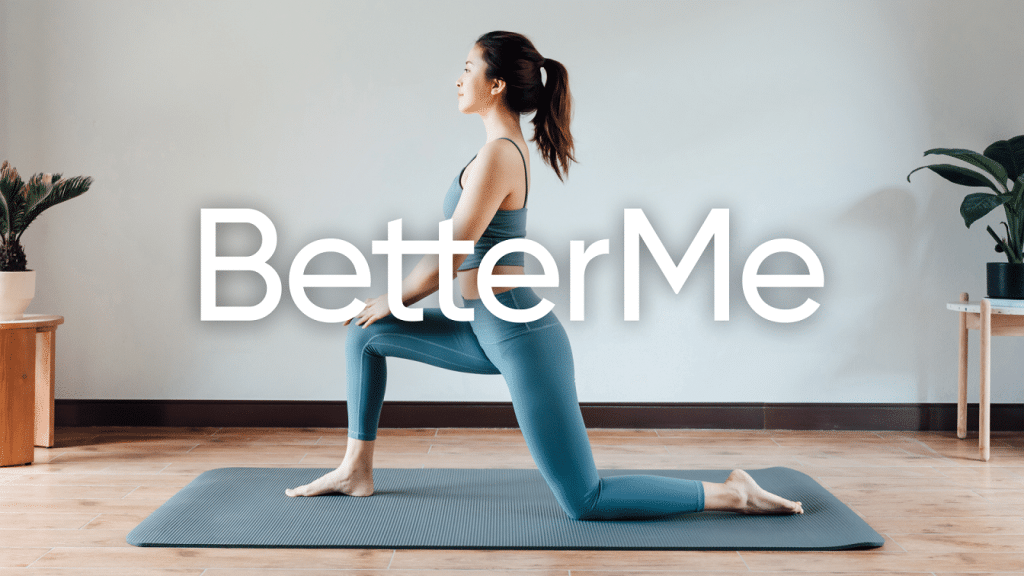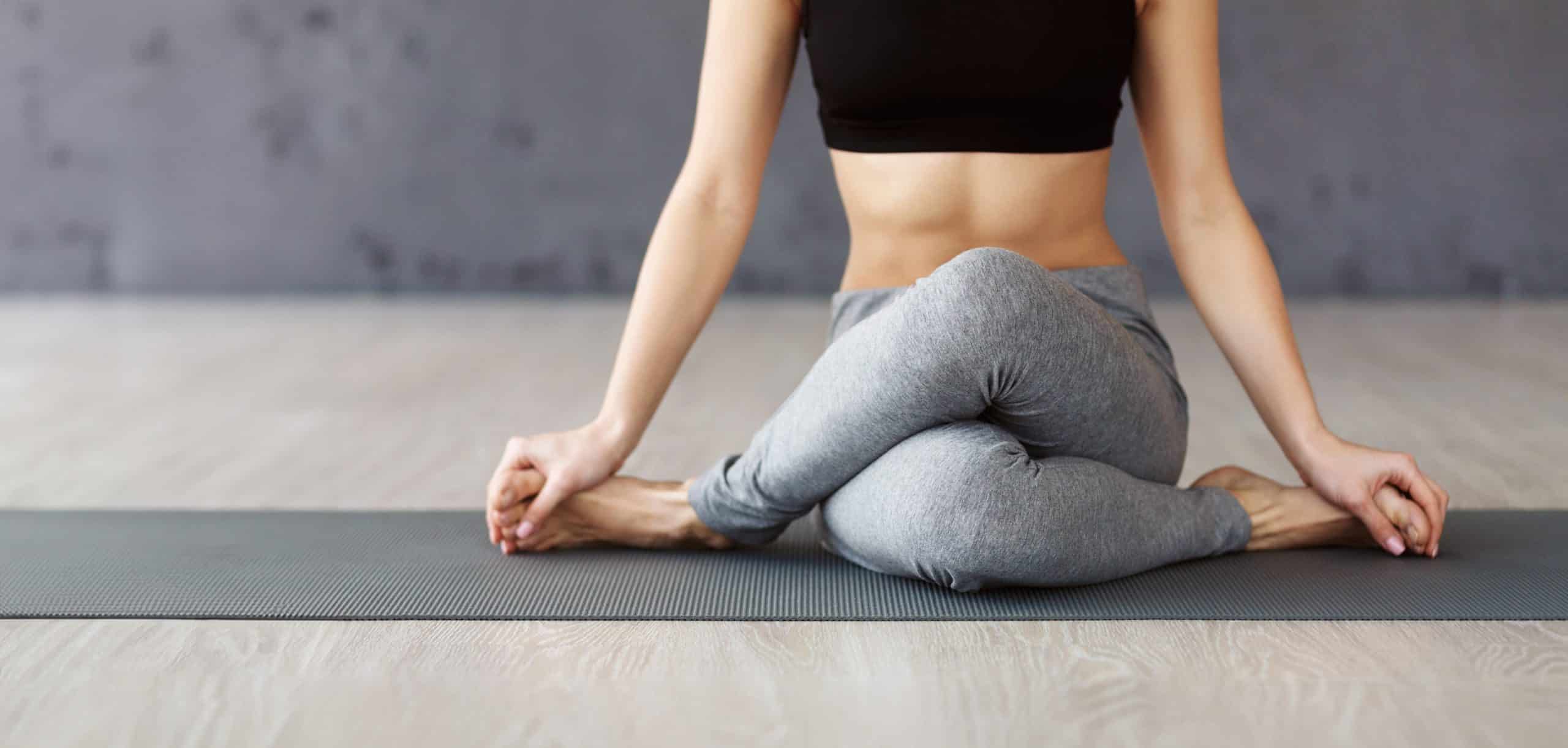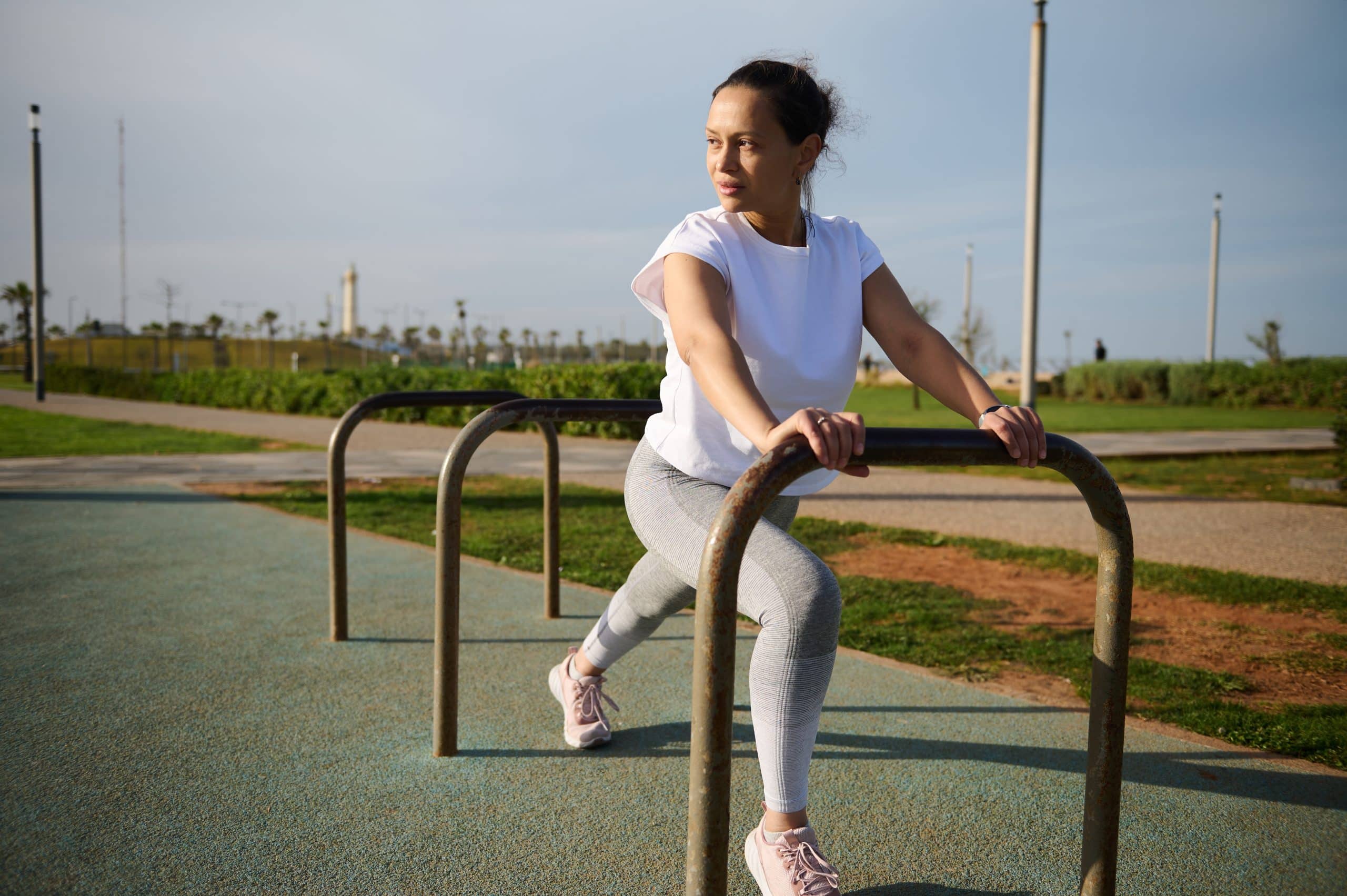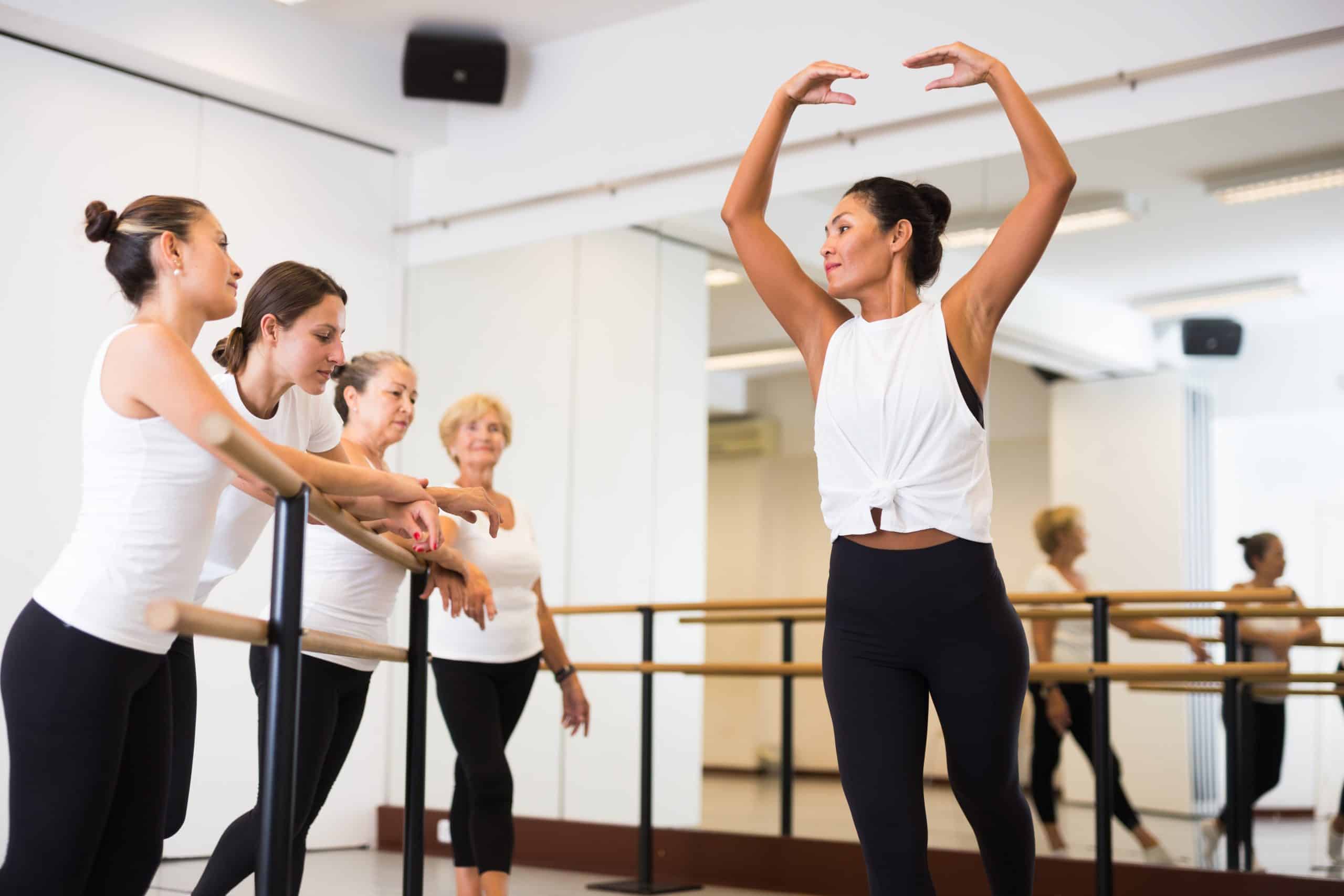Exercise is one of the most important things you can do to maintain your physical and mental health during pregnancy. Not only will it help you feel better, but exercising regularly may also reduce the risk for some problems that are more common in pregnant women.
Exercise has been shown to lower blood pressure, improve mood, increase energy levels, and decrease constipation. It’s also a great way to meet other new moms-to-be! And because many doctors recommend exercise even before conception, getting started early on will make it easier when morning sickness sets in during the first trimester of pregnancy.
Here’s everything you need to know about keeping fit in the first three months of pregnancy.
Read More: Early Pregnancy Workout: Detailed Guideline On The Dos and Don’ts
Benefits Of Exercise For The First Trimester Of Pregnancy
There are many positive effects of exercise during pregnancy.
Some of the most significant benefits of staying active at this crucial time are:
Reduced Risk Of Complications
Regular exercise has been shown to lower blood pressure and reduce the risk of developing gestational diabetes, which can be dangerous for both mother and baby (3).
Improve Mood
Studies have found that as little as 30 minutes of exercise three times a week can improve mood, counteracting the depression that is common in early pregnancy (2).
Improve Energy Levels
Exercising can help you work around the fatigue that commonly accompanies pregnancy and give you more energy overall (3).
Prevent Constipation
Regular exercise helps alleviate constipation by working your bowels to keep them functioning properly (4).
Reduce Aches And Pains
Pain in the lower back and legs is common during pregnancy. Regular exercise can help reduce these discomforts and pain associated with leg cramps (3).
If you struggle to even flirt with the idea of giving up your favorite foods or working out till your legs give way – BetterMe app is here to breathe a fresh perspective into the way you view the weight loss process! Check out the app and experience the fun side of fitness and dieting with BetterMe!
How Does Your Body Change During Pregnancy?
Your muscles, ligaments, joints, and connective tissue are all stretched and loosened during pregnancy to make the growing uterus more comfortable (10). Many women experience pain in their lower back, legs, or other joints. If you have been sedentary before pregnancy, it is even more important to begin a regular exercise program before getting pregnant because your body may be less flexible and used to being inactive.
The changes in your body also influence the type and duration of exercises that you can perform. During each week of pregnancy, your center of gravity will change, and muscles will be stretched, making it less ideal to perform high-intensity exercises without the risk of falling.
How Much Exercise Is Safe?
It is best to talk with your doctor about which exercises your body can tolerate and how much it should be doing each week. Over-exercising while pregnant can cause miscarriage, preterm labor, and other complications (11). It is important to stay within the recommended guidelines for weight gain and exercise while pregnant:
Women who are underweight or have a low pre-pregnancy BMI should aim to gain 11–16 pounds during their pregnancy.
Women who are overweight or have a high pre-pregnancy BMI should aim to gain between 15 and 25 pounds during their pregnancy.
The best exercises for early pregnancy vary by individual, so it is important to talk with your doctor about what you can safely do at the moment. Light aerobic exercises, such as walking or swimming, are generally safe to perform throughout your pregnancy.
Read More: 17 Weeks Pregnant Diet: What To Eat And What To Avoid
What Are The Best Exercises To Do During Pregnancy?
There are many possible options for workouts during pregnancy. Some of the best pregnancy exercises include:
Walking
Taking a brisk walk for 30 minutes a day is beneficial and can be safely performed by most pregnant women.
Swimming
The water’s buoyancy offers support and limits the impact of weight on your joints. In fact, the American Pregnancy Association recommends swimming as an excellent exercise during pregnancy as it strengthens muscles without excess strain or impact (1).
Yoga
As long as your doctor says that you can perform yoga exercises, they can be a great way to keep fit. Many women find relief from common pregnancy discomforts such as back pain and morning sickness through yoga (9).
Pilates
Exercises that focus on slow, controlled movements with proper breathing are considered safe for most pregnant women. Pilates helps build core strength and improves flexibility, both of which can help you avoid common pregnancy discomforts (7).
Stationary Biking
Stationary biking can be another great way to exercise during pregnancy. You will not need to balance yourself against the pull of gravity like you would on a moving bike, which makes it an easier workout for pregnant women.
Strength Training
Women who start strength training well before becoming pregnant are often in better shape than those who wait until after they have conceived. Start slowly and avoid exercises that may cause muscle strain or excess pressure on joints (6).
Kegels
The muscles of the pelvic floor are often weak in women who have not done Kegels exercises before, which can lead to incontinence. Doing Kegels during pregnancy is a safe way to strengthen these muscles and combat potential bladder leakage.
Whether you’re a workout beast or just a beginner making your first foray into the world of fitness and dieting – BetterMe has a lot to offer to both newbies and experts! Install the app and experience the versatility first-hand!
Exercise First Trimester Pregnancy Workout Routine
Here’s a sample pregnancy first-trimester exercise routine that has light to moderate-intensity activities:
Warm-up for 5 minutes.
3 sets of 20-25 reps each:
- Kegels
- Hip Flexors Stretch with chair or pair of parallel bars
- Lateral Side Steps with dumbbells (5-10 lbs) or water bottles
- Bicycle Crunches with a twist in the middle and/or alternate arms/legs
3 sets of 10-15 reps:
- Lunges (forward, reverse, and alternating)
- Tricep Dips using a bench or the side of your bed with hands facing forward
- Plank Pose 30 seconds each; twice (if necessary, drop to knees for part of the time)
- Abdominal Crunches with arms on chest or thighs
- Fish pose or Child’s Pose for 30 seconds to 1 minute
Cool down for 5 minutes.
Tips For Safe Exercise
It is critical to talk with your doctor about which activities you can safely do during pregnancy, even if they are low-impact, like stationary biking or swimming. For example, you should not perform abdominal exercises while pregnant because this can put too much pressure on the uterus (n). This also applies to high-intensity workouts like running. Although many women continue exercising throughout their pregnancies, it is important to stay within safe limits for weight gain and exercise while pregnant.
You must not perform exercises that involve lying flat or standing straight up (unless directed by your doctor). These activities increase pressure on your uterus and may cause serious complications if performed too often (8).
Some activities should only be done with other people present because they may cause injury if something goes wrong, such as horseback riding or downhill skiing.
Be wary of performing any exercises in hot weather, especially when combined with other strenuous activities. The risk of overheating is dangerous for your baby, so it is best to avoid performing exercise in hot weather whenever possible (5).
Warming up and cooling down, just like the rest of your workout, is important to do if you are exercising during pregnancy. Stretching before and after different activities can prevent injuries, muscle pains, and other discomforts.
While it may be tempting to exercise excessively or push yourself too far at times, it is important to remember that safety should always come first. Exercising within recommended limits will ensure that you remain healthy throughout your pregnancy.
Who Shouldn’t Exercise For The First Trimester of Pregnancy?
Women who have experienced any of the following conditions should not perform high-intensity activities during pregnancy (8):
- Uncontrolled high blood pressure
- Preterm labor in past pregnancies
- Multiple pregnancies (twins, triplets)
- Uncontrolled diabetes
High-intensity activities should also be avoided during the first trimester if you are experiencing any of the following conditions (8):
- Extremely low or high weight gain during previous pregnancies
- Miscarriage in the past year
- Ectopic pregnancy (where the embryo implants outside of the uterus)
- Previous cervical surgery
The Bottom Line
Everyone’s body changes differently during their pregnancies and will have different tolerances for exercise depending on several factors. The most important thing to remember is that staying active can greatly improve your mental and physical health during and after your pregnancy!
DISCLAIMER:
This article is intended for general informational purposes only and does not address individual circumstances. It is not a substitute for professional advice or help and should not be relied on to make decisions of any kind. Any action you take upon the information presented in this article is strictly at your own risk and responsibility!
SOURCES:
- Exercise and Pregnancy (n.d., americanpregnancy.org)
- Exercise for Mental Health (2006, nih.gov)
- Exercise in Pregnancy (2015, nih.gov)
- Exercise to Ease Constipation (2020, webmd.gov)
- Hot weather and high body temperature during pregnancy (2018, nct.org.uk)
- Muscle strengthening exercises during pregnancy are associated with increased energy and reduced fatigue (2017, nih.gov)
- Pilates program design and health benefits for pregnant women: A practitioners’ survey (2017, nih.gov)
- Pregnancy: Exercise During Pregnancy (2021, webmd.gov)
- Systematic Review of Yoga for Pregnant Women: Current Status and Future Directions (2012, nih.gov)
- The effect of relaxin on the musculoskeletal system (2014, nih.gov)
- The risks and benefits of exercise during pregnancy (1990, pubmed.gov)
